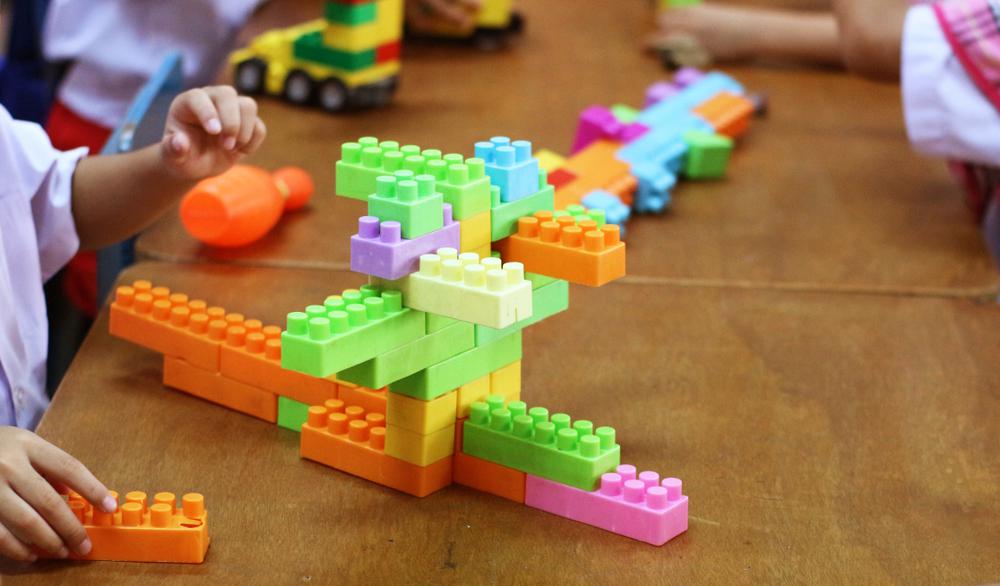Cognitive Development Normal World Around Us Worksheets for Ages 6-9
5 filtered results
-
From - To
Explore our "Cognitive Development Normal World Around Us Worksheets" tailored for children aged 6-9! These engaging worksheets are designed to enhance cognitive skills through fun and interactive activities that encourage critical thinking, problem-solving, and observation. By connecting learning with the world around them, children can identify patterns, make comparisons, and understand relationships in their environment. Our carefully crafted worksheets foster independence and creativity while aligning with educational standards. Perfect for at-home learning or classroom use, these resources provide an enjoyable way for kids to engage with the concepts in their daily lives. Unlock your child's potential today!


Carnivores Worksheet
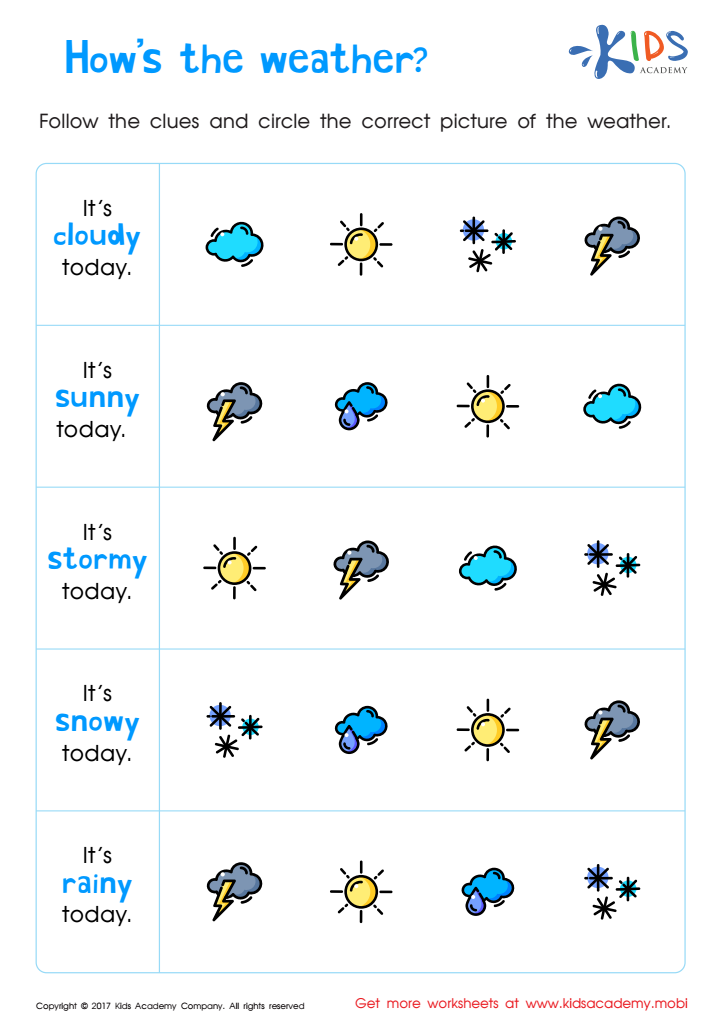

Hows the Weather Worksheet
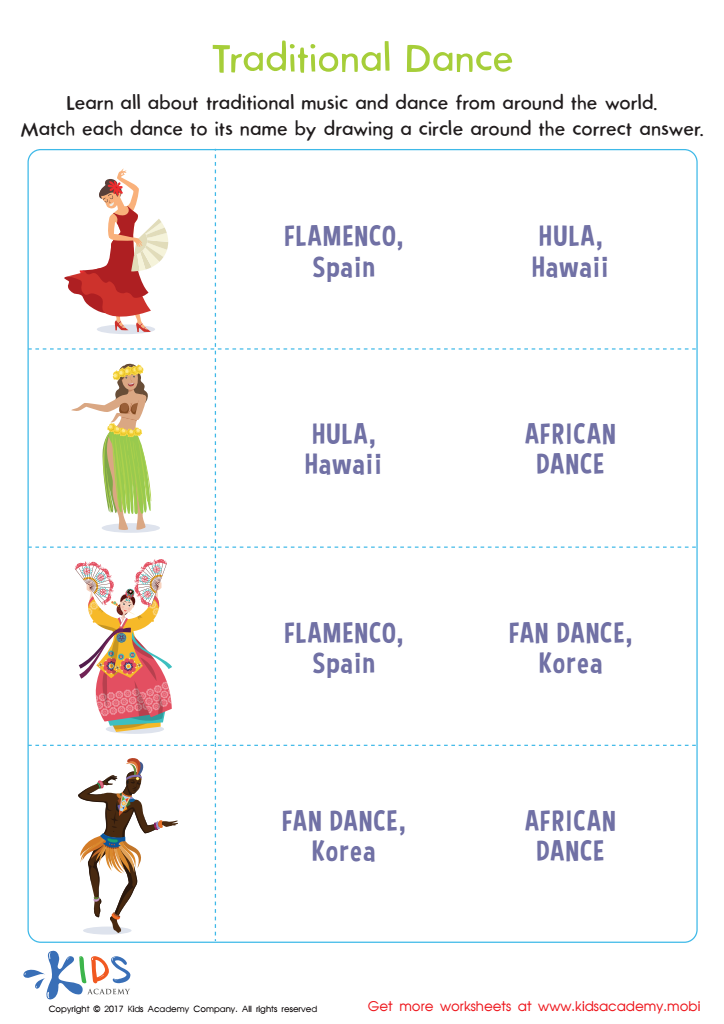

Traditional Dance Printable
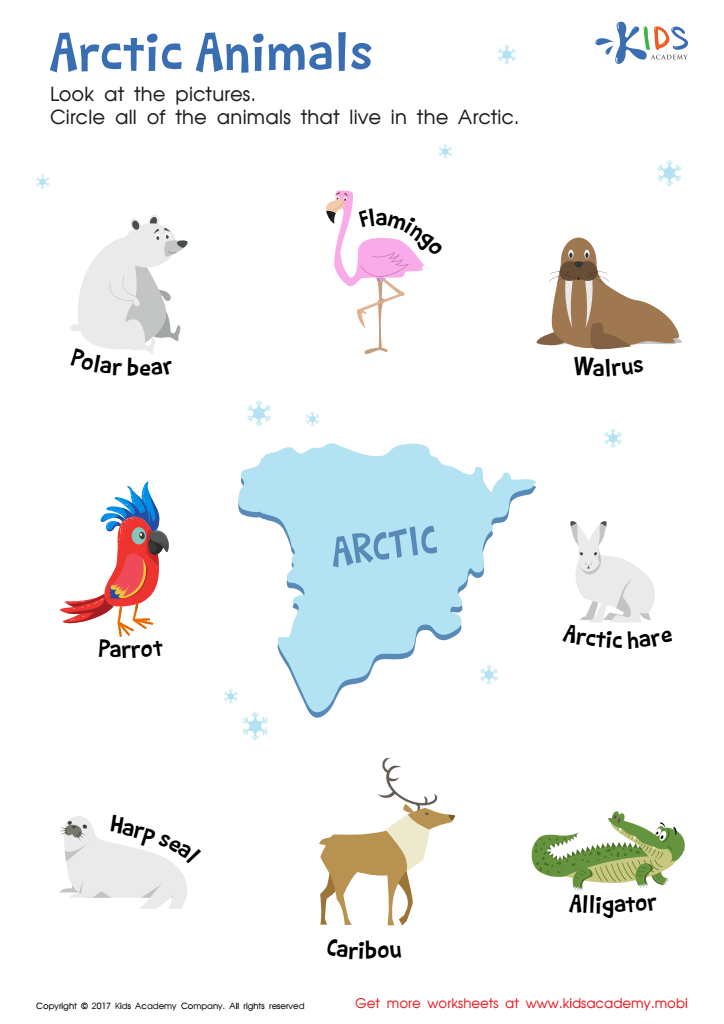

Arctic Animals Worksheet
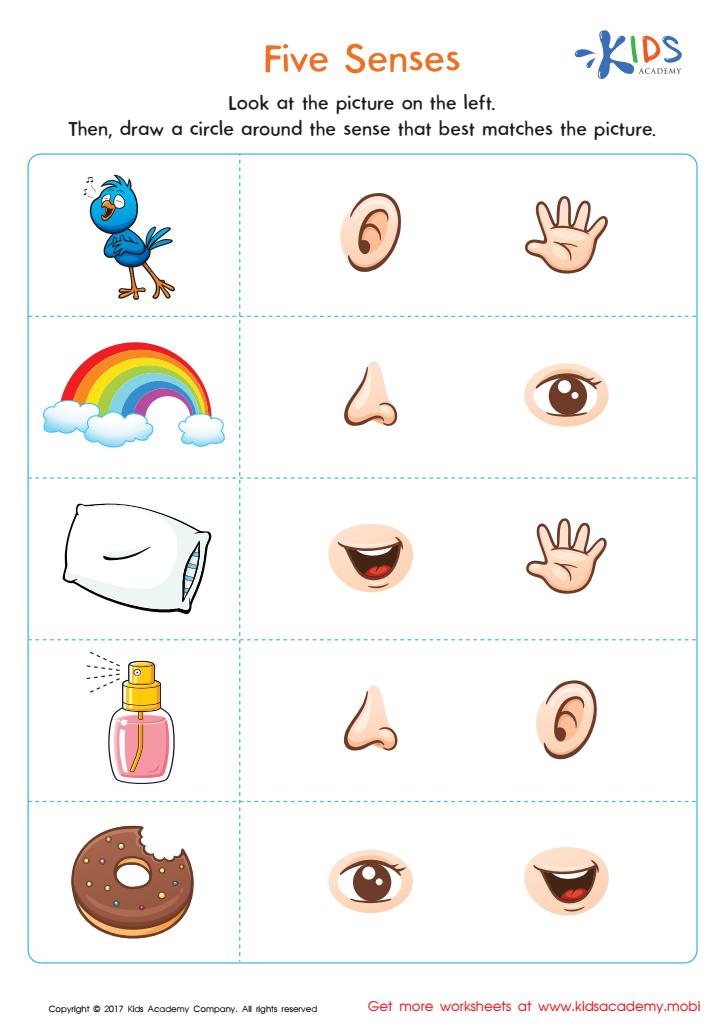

Five Senses Printable
Cognitive development during ages 6-9 is a crucial phase in a child's growth, as it lays the foundation for their future learning and understanding of the world. Parents and teachers should care about this stage because children begin to think more logically, enhancing their problem-solving and critical thinking skills. By engaging with the “normal world around us,” children learn to make connections between what they experience and what they understand, fostering an innate curiosity.
At this age, children start to form more complex thought patterns and learn to consider others' perspectives, which strengthens their social skills and emotional intelligence. For teachers, incorporating real-world examples into lessons helps children relate abstract concepts to their everyday lives, making learning more relatable and meaningful.
Furthermore, early cognitive development impacts a child’s self-esteem and motivation to learn. Understanding routines, patterns, and cause-effect relationships encourages not just academic success but also ongoing engagement in their environment. By nurturing cognitive skills, parents and teachers can empower children to become thoughtful and responsible individuals, better equipping them to navigate the complexities of life, ultimately fostering a generation capable of thoughtful decision-making and empathy.
 Assign to My Students
Assign to My Students







.jpg)


